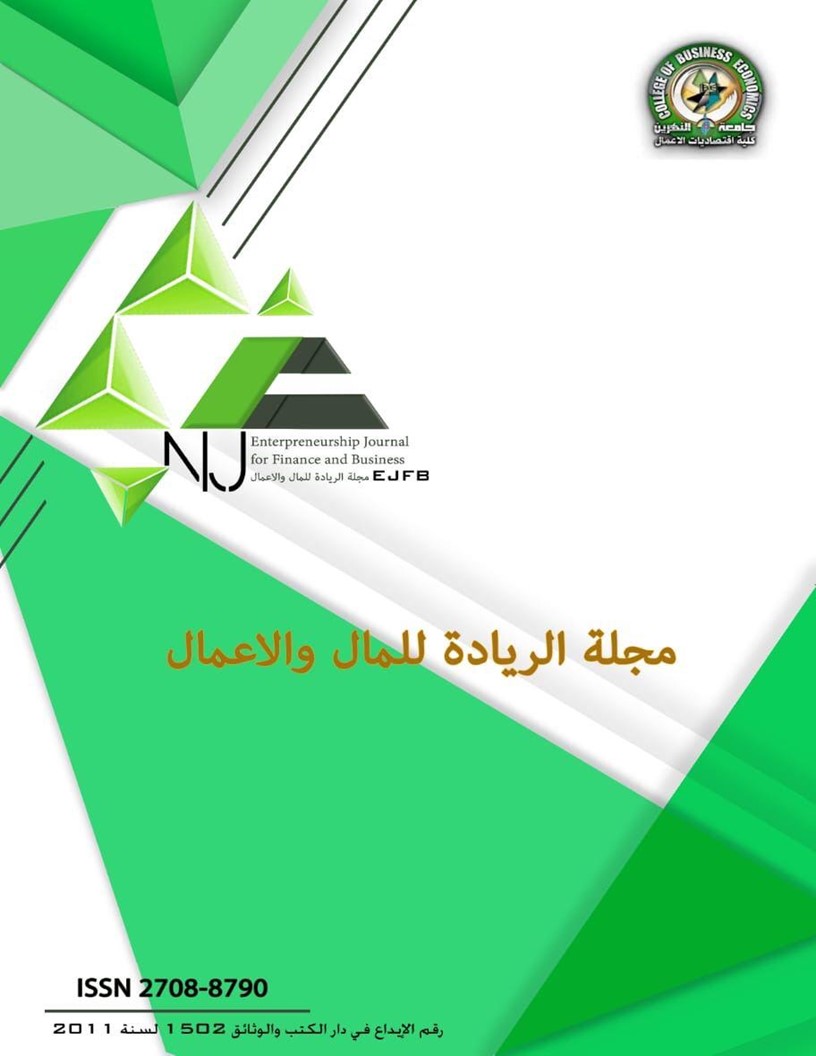The importance of examining internal control process in evaluating the adequacy and appropriateness of the evidence in the external audit
DOI:
https://doi.org/10.56967/ejfb2022180Keywords:
internal control, external auditor, external audit, evidence, federal financial supervision bureauAbstract
Planning the audit process is one of the basic standards and one of the audit requirements that the external auditor must abide by in order to complete the audit profession and reach the expression of professional opinion and achieve audit quality. The examination of internal control for the entity subject to audit is the first steps taken by the external auditor in order to identify weaknesses and defects in Internal control, which affects the determination of the size, adequacy and suitability of the evidence by using the statistical sampling method and depending on his personal experience. In order to continue carrying out its normal business during the coming period, the external auditor must obtain and evaluate sufficient and appropriate evidence to reach the appropriate conviction, in addition to presenting a set of recommendations, the most important of which is the need to be completely accurate in the external auditor’s report, taking into account the audit risks that lead to expressing an opinion Inappropriate in the financial statements.
Downloads
Downloads
Published
How to Cite
Issue
Section
License

This work is licensed under a Creative Commons Attribution 4.0 International License.
This is an Open Access article distributed under the terms of the creative commons attribution (CC BY) 4.0 international license which permits unrestricted use, distribution, and reproduction in any medium or format, and to alter, transform, or build upon the material, including for commercial use, providing the original author is credited.






